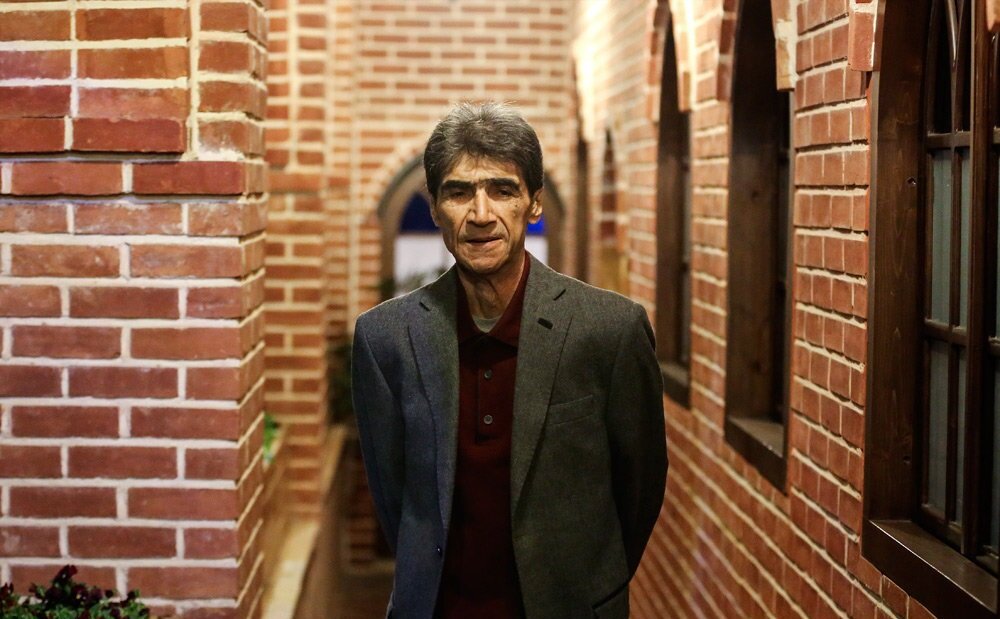Renowned Iranian filmmaker Nasser Taghvai passes away

TEHRAN – Prominent Iranian filmmaker and screenwriter Nasser Taghvai passed away on Tuesday at the age of 84.
His wife, Marzieh Vafamehr, shared the news on social media, describing him as an artist who embraced the challenge of living freely, Mehr reported.
During his lifetime, Taghvai directed six films, a television series, and several documentaries during his career.
Born in the southwestern city of Abadan, Taghvai rose to fame following the 1972 release of his first film, “Tranquility in the Presence of Others,” a raw portrayal of the conflict between tradition and modernity in Iran.
As his father was a customs official, he traveled to the southern border regions of Iran in Bandar Abbas, Hormozgan Province. Therefore, in many of his movies, Taghvai has depicted the ethnography and atmosphere of southern Iran, where he grew up.
Taghvai is also interested in literature, and most of his other works have been based on stories by Iranian or foreign authors.
His close collaboration with literary figures like Gholamhossein Sa’edi is also noteworthy. Taghvai adapted “Tranquility in the Presence of Others” from Sa’edi’s story “Nameless Anxieties.” They often traveled together to southern Iran, resulting in the documentary “Wind of Jin” and Sa’edi’s book “People of the Air.”
In 1986, Taghvai directed “Captain Khorshid,” which is adapted from Ernest Hemingway’s “To Have and Have Not” and was filmed in southern Iran.
His satirical series, “My Uncle Napoleon,” depicts the decline of a former imperial army officer, consumed by suspicion and unable to admit that his time had passed.
In 1999, he directed a segment of the film “Tales of Kish,” which was nominated for the Palme d'Or at the Cannes Film Festival.
His last officially released film was “Blank Paper,” released in 2001 after a 12-year hiatus. He also began work on “Bitter Tea” in 2003, a film set against the backdrop of the Iran-Iraq War. However, financial difficulties and a lack of support hindered its completion.
Despite facing many obstacles, Taghvai made lasting contributions to Iranian cinema. His documentaries, such as “Wind of Jin” and “Arbaeen,” are considered significant works. “Wind of Jin,” created in 1969 with the narration by Ahmad Shamlu, explores the Zār rituals in southern Iran.
Taghvai received numerous national and international film awards, including the Bronze Leopard at the Locarno Film Festival in 1988 for “Captain Khorshid” and the Silver Lion for Best First Work at Venice International Film Festival for “Tranquility in the Presence of Others” in 1972.
Last year, Taghvai was honored at the “Captain of Cinema” celebration, illustrating the lasting impact of his work. His innovative approach and commitment to artistic integrity earned him recognition within the film community.
SS/SAB
Leave a Comment